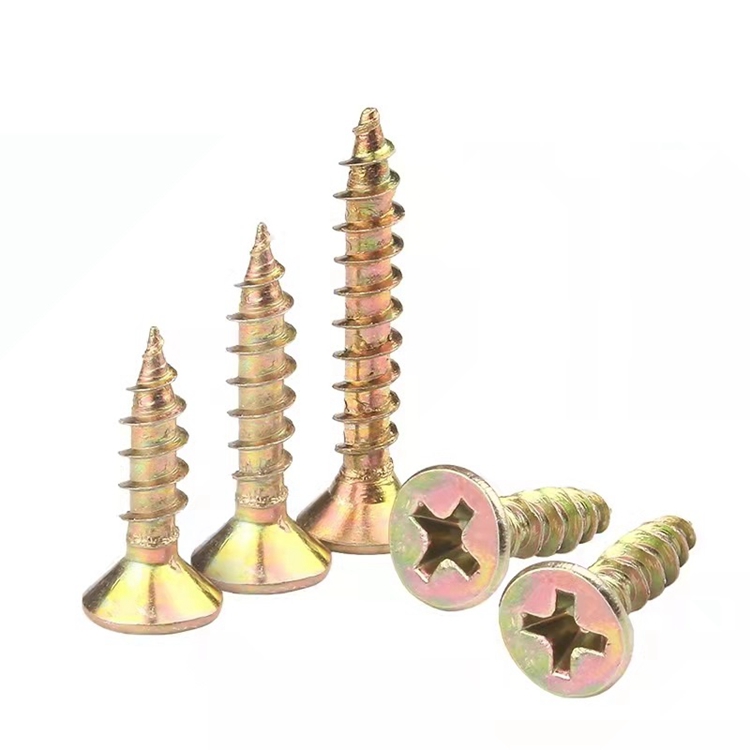Innovative Solutions from Leading Ball Stud Bolt Manufacturers for Your Mechanical Needs
Aug . 20, 2024 12:56 Back to list
Innovative Solutions from Leading Ball Stud Bolt Manufacturers for Your Mechanical Needs
The Evolution and Significance of Ball Stud Bolt Companies
In the realm of manufacturing and engineering, the components that may seem minor often play crucial roles in ensuring the functionality and reliability of larger systems. One such component is the ball stud bolt, an essential fastener used in various industries, including automotive, aerospace, and heavy machinery. The companies specializing in the manufacturing of ball stud bolts have become pivotal players in the supply chain, catering to the diverse needs of these sectors.
What is a Ball Stud Bolt?
A ball stud bolt is a type of fastener that features a spherical head (the ball) and an attached threaded shaft, allowing for a versatile range of movement. This unique design permits the connection of parts while accommodating angular misalignments, which is particularly useful in applications where flexibility is necessary. Commonly employed in suspension systems, steering linkages, and various other mechanical settings, ball stud bolts are valued for their strength, reliability, and ease of installation.
Industry Applications
The applications of ball stud bolts are vast and varied. In the automotive industry, they are often used in suspension systems, where they connect control arms and facilitate movement while maintaining structural integrity. In aerospace, similar principles apply, as the bolts are used to secure various components of an aircraft, ensuring they remain stable during flight. Heavy machinery, such as excavators and cranes, also utilizes ball stud bolts to connect moving parts, enabling effective operation under stress.
Moreover, ball stud bolts are instrumental in the design of adjustable systems. They allow adjustments in height, tension, and angle, making machinery more adaptable to different operational requirements. This flexibility is crucial in maintaining efficiency and performance.
The Role of Ball Stud Bolt Companies
ball stud bolt companies

Companies that manufacture ball stud bolts play a crucial role in ensuring quality and consistency across various industries. These companies are typically involved in the entire production process, from material selection to quality control. They utilize advanced manufacturing techniques and high-quality materials to produce bolts that meet stringent industry standards.
Innovation is a key factor in the success of these companies. As technology evolves, so do the demands on fasteners. Many ball stud bolt manufacturers invest in research and development to improve the strength and durability of their products. Some are even exploring the use of smart materials and coatings that enhance performance and reduce wear, catering to the growing demand for sustainable and efficient components.
Challenges in the Industry
Despite their importance, ball stud bolt manufacturers face several challenges. Fluctuations in raw material prices, along with increasing global competition, can impact production costs. Additionally, the trend towards automation and electric vehicles poses new demands on fastening technologies, prompting manufacturers to adapt quickly.
Moreover, maintaining stringent quality control is vital, as failure of fasteners can lead to catastrophic consequences in critical systems. Manufacturers are therefore investing more in precision engineering and quality assurance processes, utilizing technologies such as automated inspections and real-time monitoring.
Conclusion
In conclusion, ball stud bolt companies are essential to the stability and advancement of several key industries. Through innovation, quality control, and a commitment to meeting the evolving needs of their clients, these companies ensure that the critical components they produce contribute to the safety and efficiency of various applications. As industries continue to grow and change, the role of ball stud bolts—and the companies that produce them—will likely expand, solidifying their place in the future of manufacturing and design.
Latest news
-
Leading Metric Wood Screw Companies & Manufacturers
NewsAug.17,2025
-
Top Wire Bolts Suppliers - Quality & Durable Fasteners
NewsAug.15,2025
-
Trusted Wire Bolts Company | Quality Fasteners Supplier
NewsAug.14,2025
-
Reliable Wire Bolts Suppliers & Manufacturers for Global Needs
NewsAug.13,2025
-
High-Quality Bolts for Lawn Mower Handle Supplier
NewsAug.12,2025
-
Leading Phosphated Drywall Screws Supplier | Bulk & Custom Orders
NewsAug.11,2025
